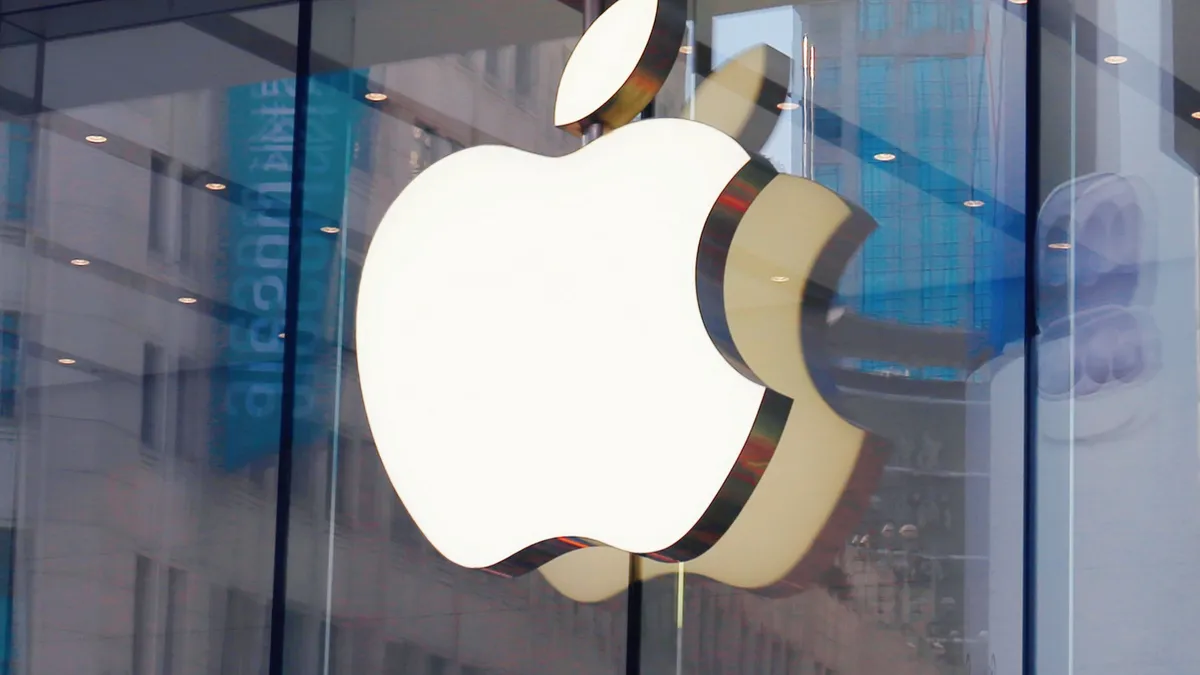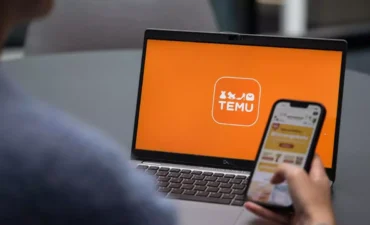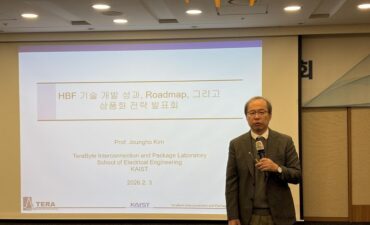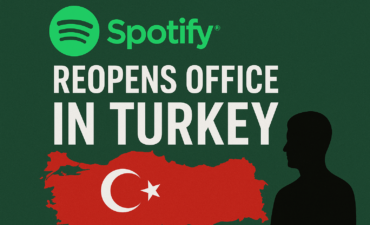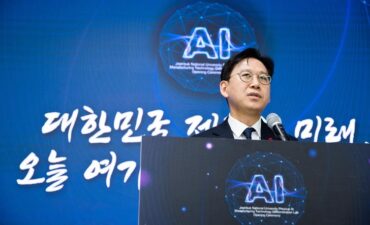This week’s stories are about tech, and gadgets, coming from China, UK and USA
1-Apple sues Oppo, alleging theft of trade secrets
Apple has filed a lawsuit against Chinese smartphone maker Oppo, accusing the company of hiring away one of its top engineers to steal trade secrets tied to Apple Watch sensors and custom chip designs.
I saw this story at Gizmodo and In a complaint filed in U.S. District Court for the Northern District of California, Apple alleges that Dr. Cheng Shi, a former senior sensor architect at the company, copied dozens of confidential documents before leaving in June to join Oppo. Shi now leads a sensing technology team at Oppo’s U.S. research office, according to the filing. (By the way I have a story here about Apple in Turkey)
Apple says Shi downloaded 63 internal files — including product roadmaps, design specifications and details on unreleased health sensor technologies such as ECG and temperature monitoring — just days before resigning. Investigators said his search history showed queries such as “how to wipe out MacBook” and “Can somebody see if I’ve opened a file on a shared drive?”
The lawsuit also accuses Shi of taking information about Apple’s custom silicon development, a key effort underpinning the company’s iPhone, iPad and Mac devices and future AI initiatives, according to the story.
Messages cited in the filing allegedly show Shi in contact with Oppo leadership weeks before his resignation. In one, he wrote: “Lately, I’ve also been reviewing various internal materials and doing a lot of 1:1 meetings in an effort to collect as much information as possible — will share with you all later.” Apple claims Shi scheduled more than 30 one-on-one meetings in his final month, far above his usual average.
Apple also alleges Shi misled colleagues about his departure, telling them he was moving to China to care for his parents and did not plan to take another job.
Oppo, which operates a research center in Silicon Valley through affiliates Oppo and Innopeak, has not commented on the case.
Apple is asking the court to block Oppo from using the disputed information and to award damages.
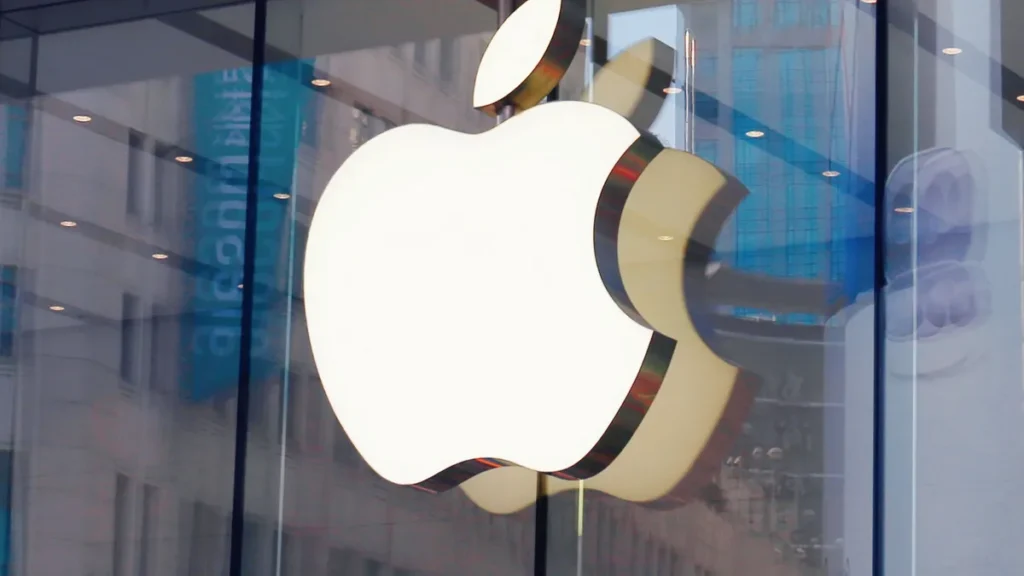
Apple sues Oppo, alleging theft of trade secrets (Getty Images)
2-China issues new rules to tighten oversight of rare earth industry
China rolled out new interim regulations aimed at strengthening government oversight of rare earth mining and processing, materials that are critical for advanced technologies such as electric vehicles, smartphones and military aircraft.
I saw this story at ABC News and the measures, announced by the Ministry of Industry and Information Technology, cover both domestically mined rare earths and those imported into China for refining. Companies will be required to follow production quotas, obtain government licenses, and provide accurate reporting of volumes handled. Violations could lead to penalties and reduced quotas, according to the story.
Although labeled “rare,” the 17 minerals—such as germanium, gallium and titanium—are relatively abundant, but seldom occur in concentrations that make extraction economical. China has steadily tightened its hold on the industry, often in response to trade frictions with the United States, the story emphasized.
Over the past several decades, China has built near-total dominance in processing rare earths. It accounts for almost 90% of global supply despite mining only about 70% of the minerals. Nearly half of global reserves lie within China, but the country also imports ore from Myanmar for refining and re-export, per the story.
Because it controls the technology needed for refining—and bans its export—China holds an effective monopoly on separating and smelting these materials. In 2024, the U.S. sourced 70% of its rare earths from China, while additional supplies came from Malaysia, Japan and Estonia, according to the U.S. Geological Survey.
In July, China’s Ministry of State Security said it was cracking down on rare earth smuggling, calling it a threat to national security. Friday’s regulations further centralize licensing and approvals for the sector, while also raising environmental standards, noted the story.
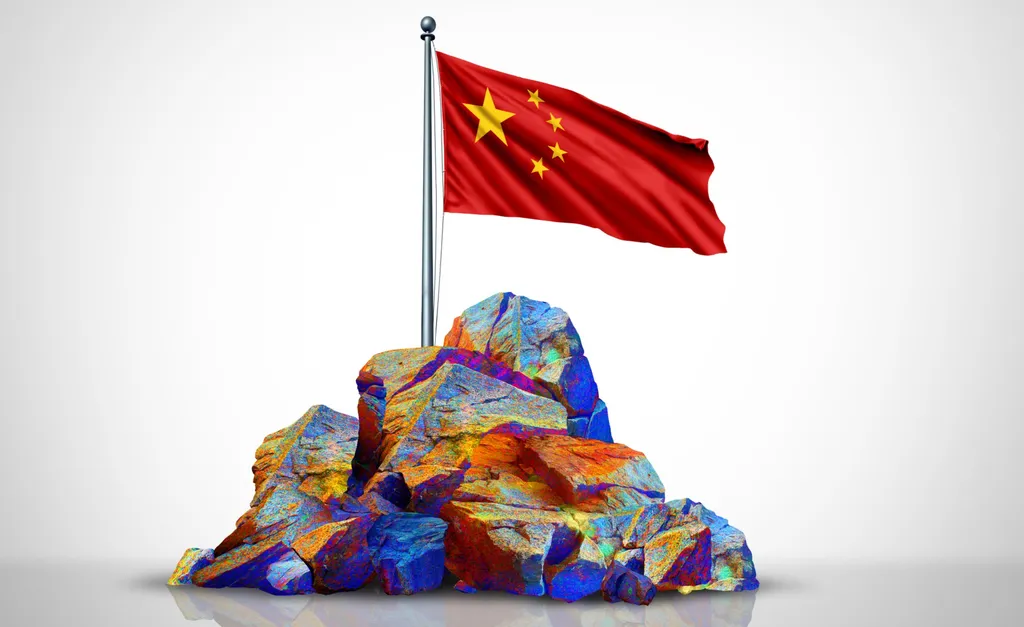
China issues new rules to tighten oversight of rare earth industry (Image: Getty Images)
3-New computer science graduates in UK struggle to land first jobs amid AI disruption
When Eddie Hart finished his computer science and cybersecurity degree at Newcastle University in 2024, he expected it would take time to break into the tech industry. But nearly a year later, he noticed many firms still aren’t giving fresh graduates a chance.
Even positions labeled “junior,” Hart said, often required two or more years of professional experience. “It’s not realistic, and it’s just discouraging the good candidates from even trying,” he added.
I saw this story at BBC and graduates like Hart blame AI for shrinking entry-level opportunities. Coding tools such as ChatGPT have been widely adopted by software developers, raising concerns that the routine tasks once used to train newcomers are now automated.
A report from the U.K.’s National Foundation for Education Research found tech job postings dropped 50% between 2019/20 and 2024/25, with entry-level roles hardest hit. The study cited “the anticipated impact of artificial intelligence” as a factor, according to the story.
At the same time, surveys show developers are both relying on and distrusting AI. Research by Stack Overflow found nearly half of developers use AI coding tools daily, though only a third trust the results.
Colin, another 2024 graduate who asked to withhold his surname, said even smaller firms now use AI to screen applications. “You end up being interviewed by people who clearly haven’t read my CV,” he noted.
For now, that rebound may come too late for some graduates. Hart recently secured a job as a security engineer at a U.K. cybersecurity firm after what he called a “human-centered” recruitment process. Colin, however, is preparing to leave tech altogether, considering a career in policing.


